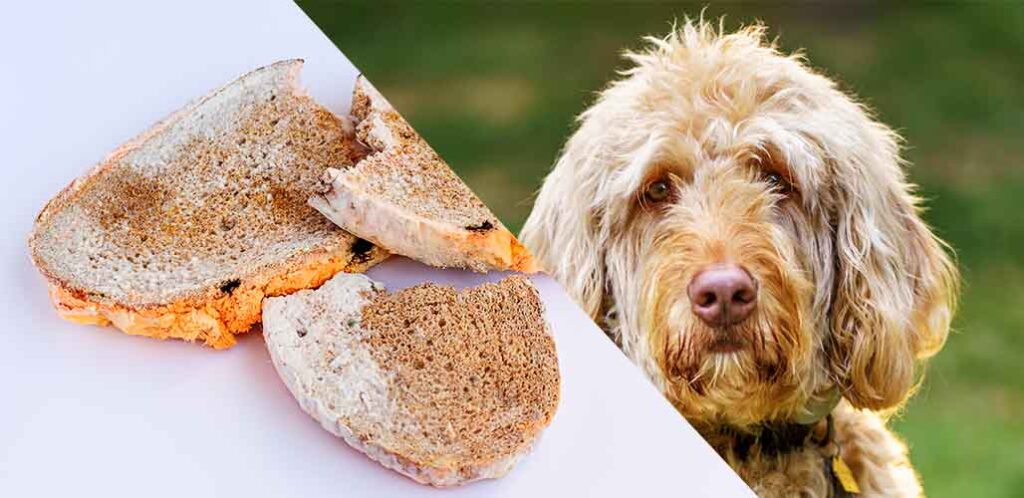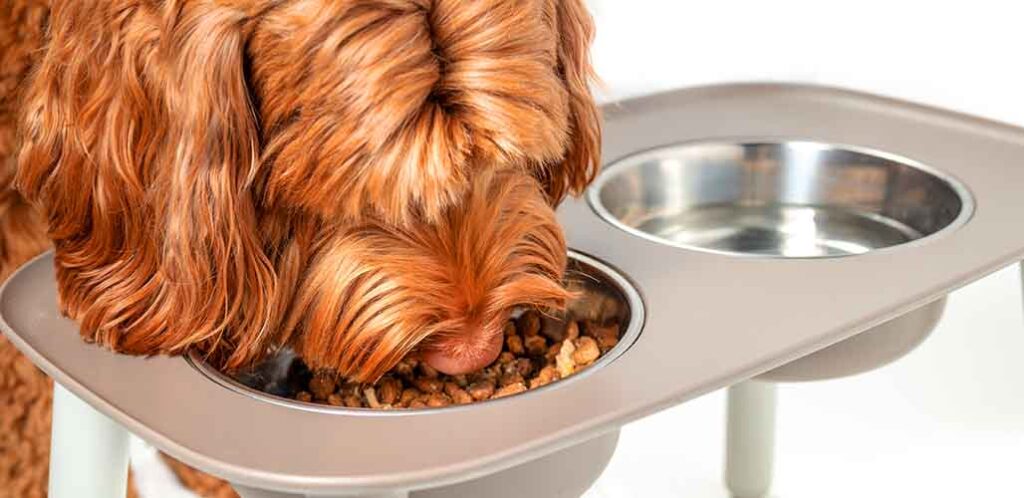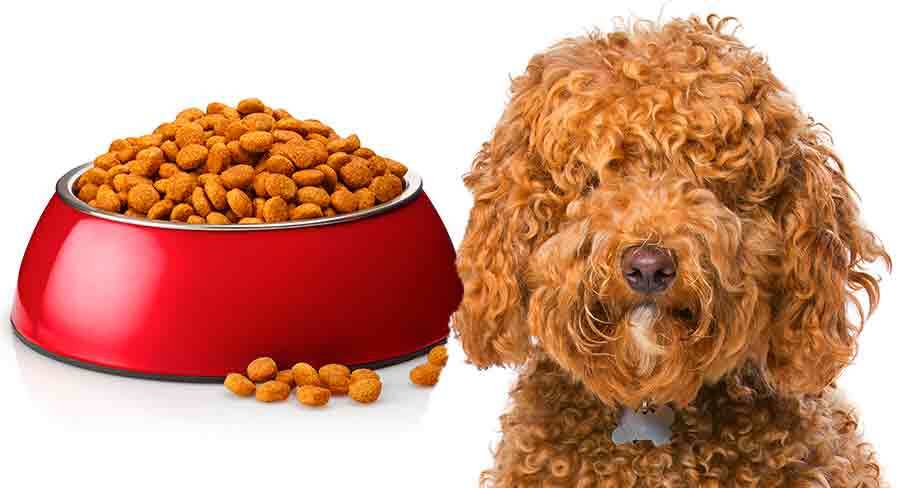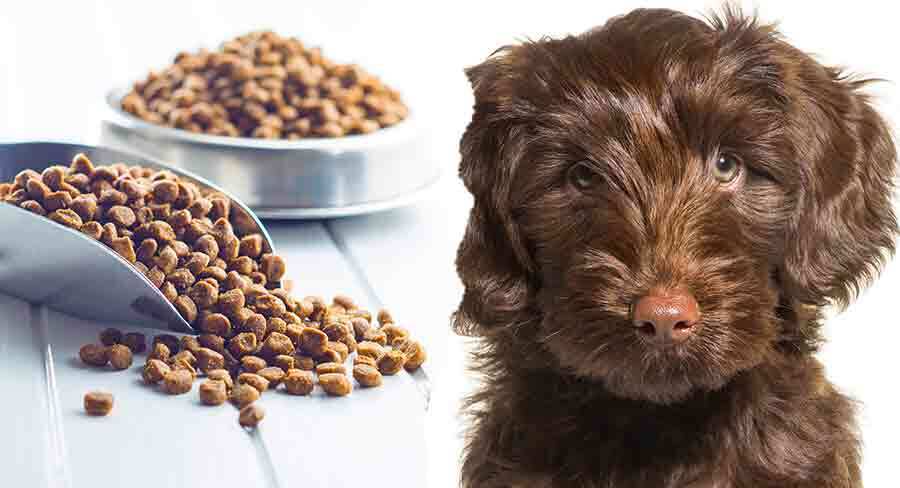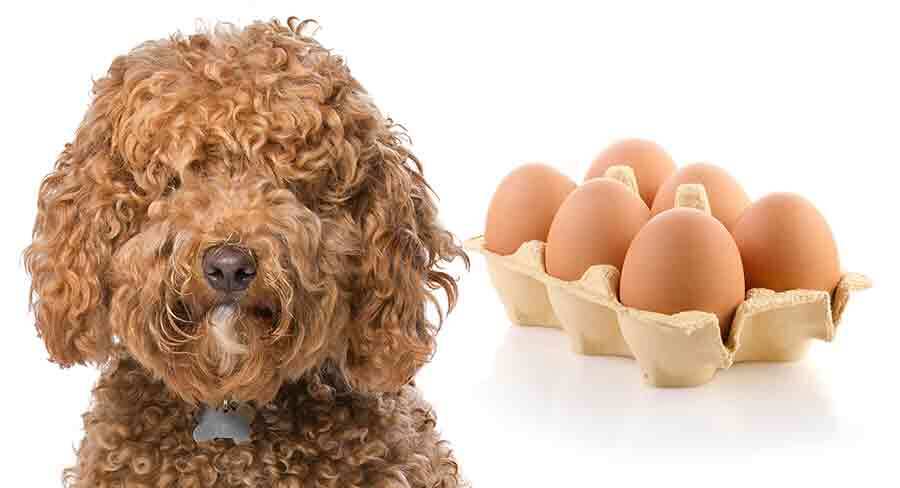Can Dogs Have Gyro Meat?
Can dogs have gyro meat, or is this rotisserie treat best kept to yourself? Like meatloaf, practically everyone who cooks gyro meat follows their own unique recipe, meaning no two gyro wraps are exactly the same. But they almost always contain onions, garlic, and lots of seasoning like salt and cayenne pepper. All of which …


